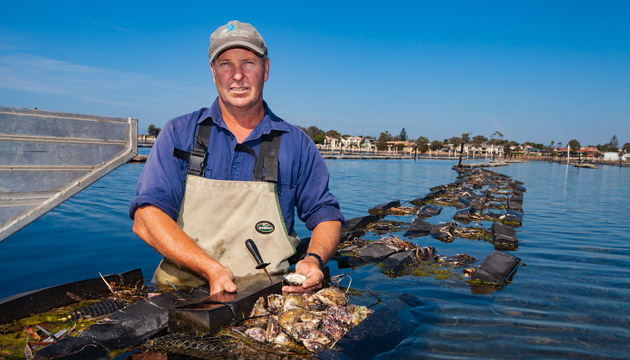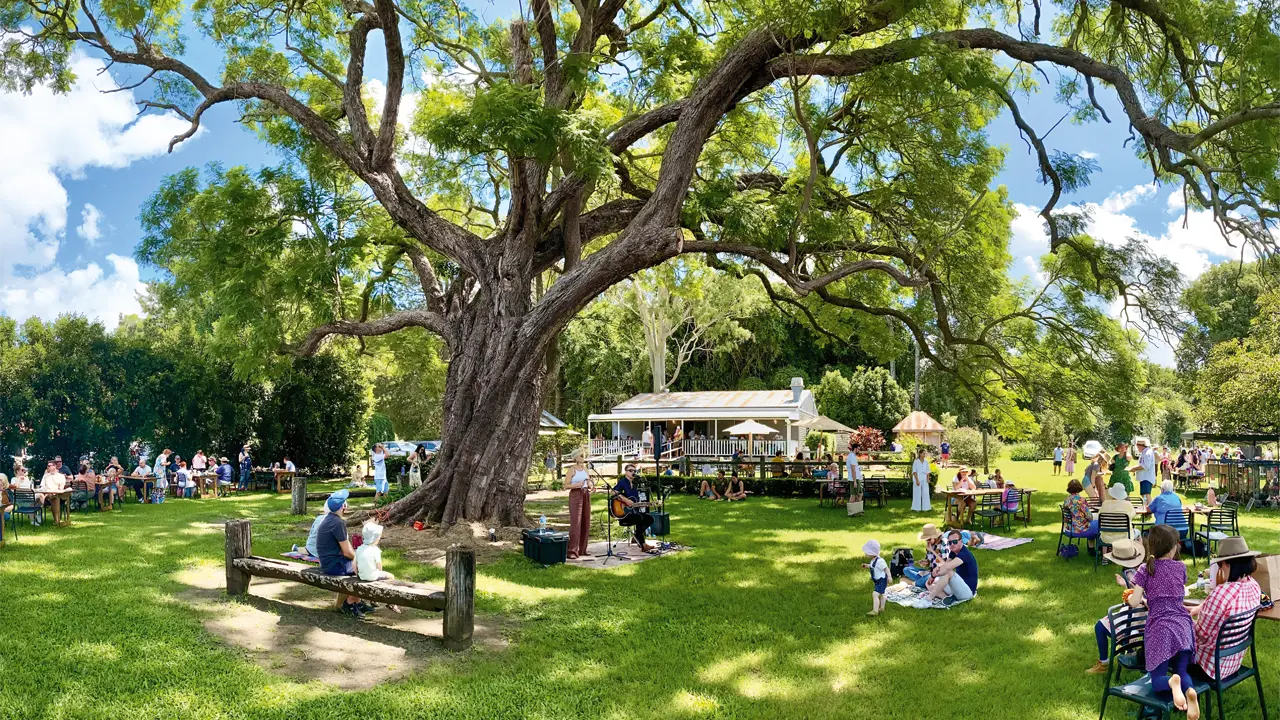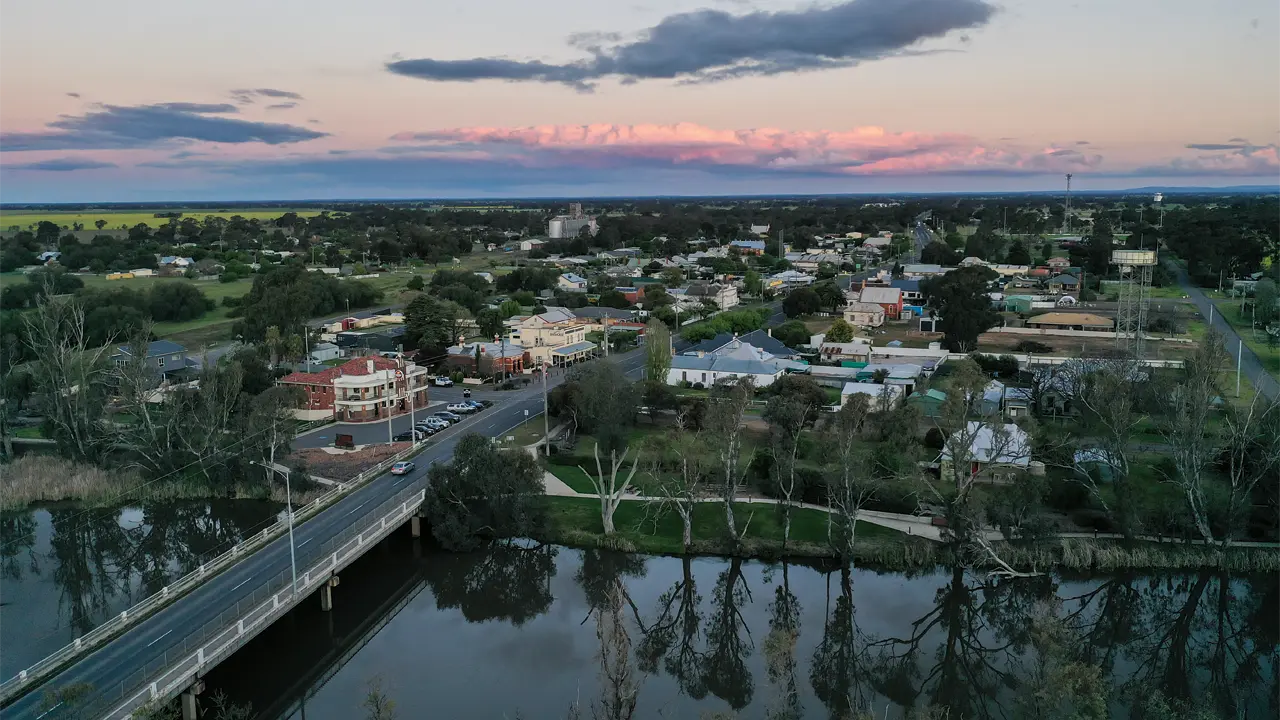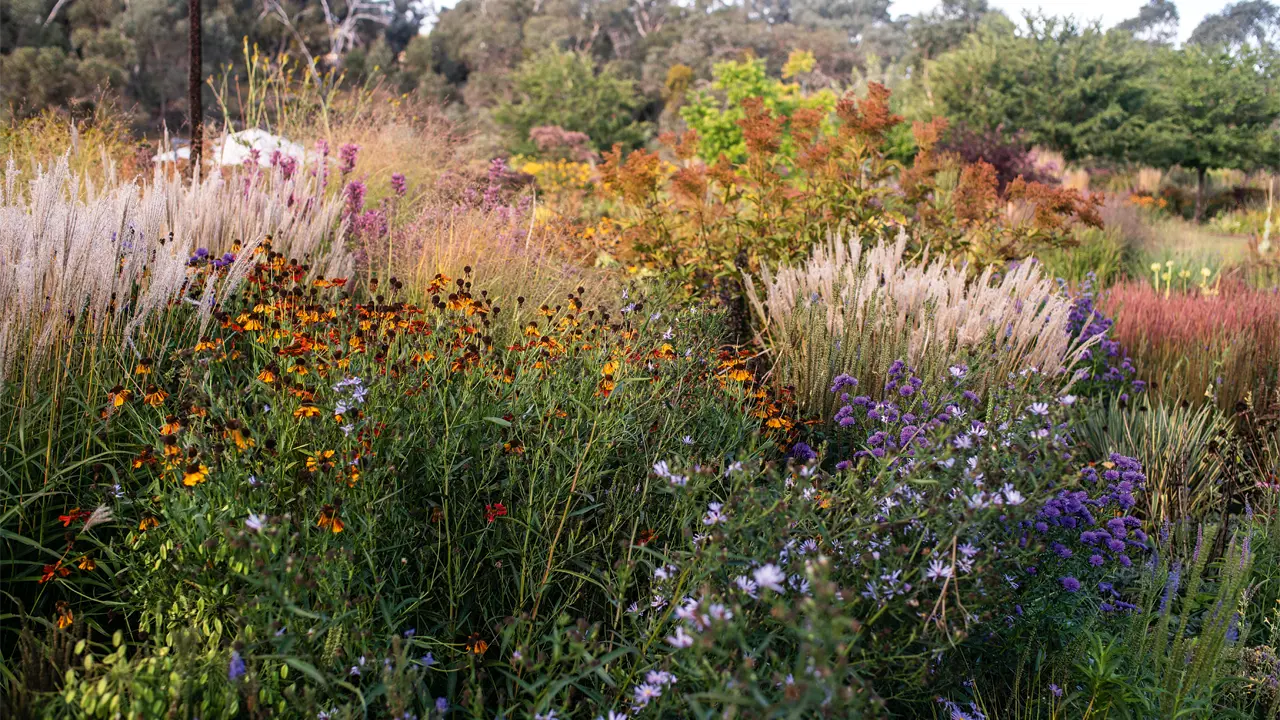Stirling and Kerry Cullenward swapped Merinos for molluscs when they moved from Hay to Merimbula, NSW, to take up oyster farming.
Story + Photos Martin Auldist
Stirling Cullenward reverses his twin-cab ute down the concrete ramp and launches his 17-foot aluminium punt onto the mirror-like surface of Lake Pambula with a familiarity born of years of practice. As the vessel skims along beneath the towering gum trees lining the bank, he passes several anglers trying their luck among the oyster leases dotted around this scenic estuary. Pambula and nearby Merimbula are among the most popular holiday spots on the New South Wales South Coast. For Stirling, though, this is no day off: he is on his way to work.
Stirling and his wife Kerry, together with daughters Charlotte and Julia, own and operate Stirling Oysters, a thriving aquaculture business that incorporates a five-hectare lease in Lake Merimbula, and more leases in nearby Lake Pambula and Tuross Lake, further to the north.
For a man raised on the western plains of New South Wales, becoming an oyster farmer was an interesting and at times daunting journey. “My brothers and I grew up on Baratta station, north-west of Deniliquin, where our father Tony was the manager,” Stirling says. “Then, in 1986, Dad got a job managing Nap Nap station west of Hay.”
In 1992 Stirling completed a degree in agricultural science at Charles Sturt University in Wagga Wagga. He then took on a number of station jobs himself, including managing Romani and Jeraly stations, a combined area of more than 56,000ha, running a herd of 600 breeding beef cows and producing 1000 bales of merino wool annually. Ultimately, though, Stirling’s burning desire to work for himself got the better of him.
“I was interested in aquaculture,” he says. “I saw it as an emerging industry that was affordable to get in to. We couldn’t afford to buy our own sheep station, but we could afford an oyster lease.”
In 2005, Stirling found an oyster lease in Lake Merimbula for sale by a grower who had shifted to Deniliquin. “I jumped in my car, drove to Deni, signed the lease papers, and drove home,” Stirling says. “I like to tell people I bought an oyster lease in Deniliquin.”
This story excerpt is from Issue #120
Outback Magazine: August/September 2018









